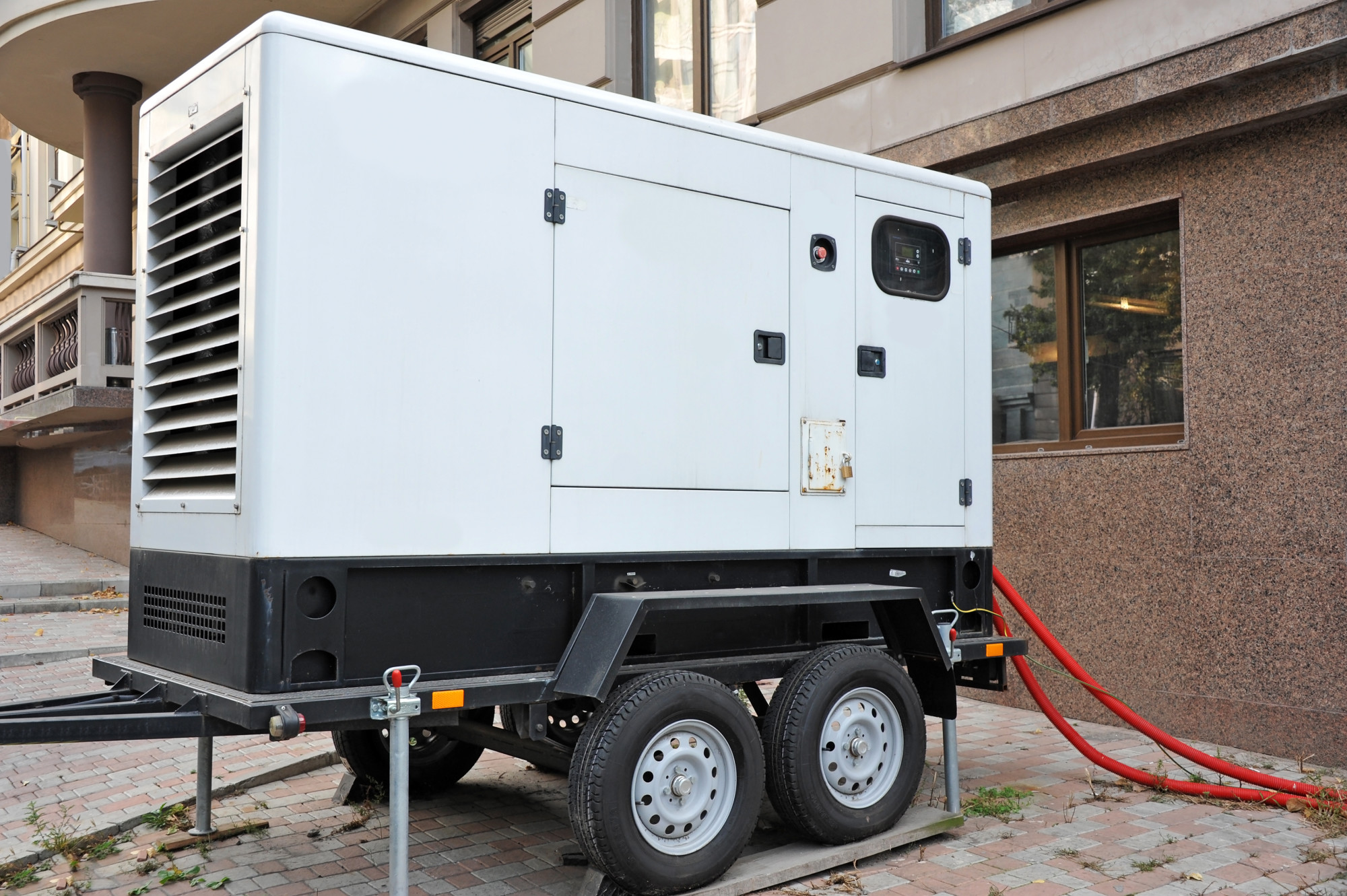US utility customers experienced around 1.33 billion hours of power outages in 2020.
Generators can be incredibly helpful as they can keep things in your home running in the event of a power outage. Various generator issues can occur, and you want to keep them to a minimum. This maintenance guide should help you avoid issues and keep yours in good shape.
Keep reading for some key generator tips and 4 issues that might come up.
1. Battery Failure
Battery failure can occur in any generator, and it's usually down to human error rather than an issue with the generator itself. A common cause is when the electrical board is shut down when a generator needs maintenance. Checking the circuit breaker will allow you to see which slot has flipped, so you can flip it back on to get things running again.
Dirty terminals can also interfere with the connection from the battery. You can use a wire brush to clean any dirt and debris from unclean connections. You should ensure no terminals are loose, as this can also cause problems.
2. Coolant Leaks
This is something that may occur with time, usually when a generator is overworked and experiences high temperatures. It causes increased wear and tear to coolant hoses, making them more susceptible to leaks.
You should inspect the hoses every couple of years. One of our top maintenance tips is to fix any issues as soon as you notice them. If you see any damage to the hoses, you should replace them immediately.
If you keep using a generator while it's leaking, it can cause permanent failure, and you'll need to invest in a replacement. The hoses are generally quite inexpensive and easy to install, so it's not a difficult repair job.
Changing the coolant regularly can also help prevent leaks. Check with the manufacturer to see how often you should replace the coolant in your generator.
3. Low Fuel Levels
Low fuel levels can make the engine unresponsive. If it runs out completely, air might get into the system, and it's very difficult to get it out again.
You should check the fuel gauge of your generator every time you use it. This will make it easy for you to know when it's running low. Your generator should also have an alarm that serves as a low fuel indicator, and if this goes off, you should refill it immediately.
Note that fuel gauges can sometimes malfunction and show incorrect readings. This can lead to the fuel running out without you realizing it's low. You should have a faulty gauge repaired by an electrical contractor to keep it accurate.
4. Insufficient Oil
If there aren't sufficient oil levels in your generator, it may have trouble turning on, and when they get too low, it can cause irreparable damage as the moving parts won't be properly lubricated. You want to always maintain suitable levels to maximize the lifespan of your generator.
The dipstick will allow you to easily check the oil level, similar to a car. Make sure you always use the same type of oil to prevent issues. If the oil is dark or sludgelike, it's gone bad, and you should flush and replace it.
Dealing With Generator Issues
If you experience any of these generator issues, you should deal with them as soon as possible. Waiting will often result in permanent damage and cost you more in the long run.
Powerhouse Home Services provides generator repairs, maintenance, and installation in Southwest Florida. To find out more about what we offer, click here to contact us today.






